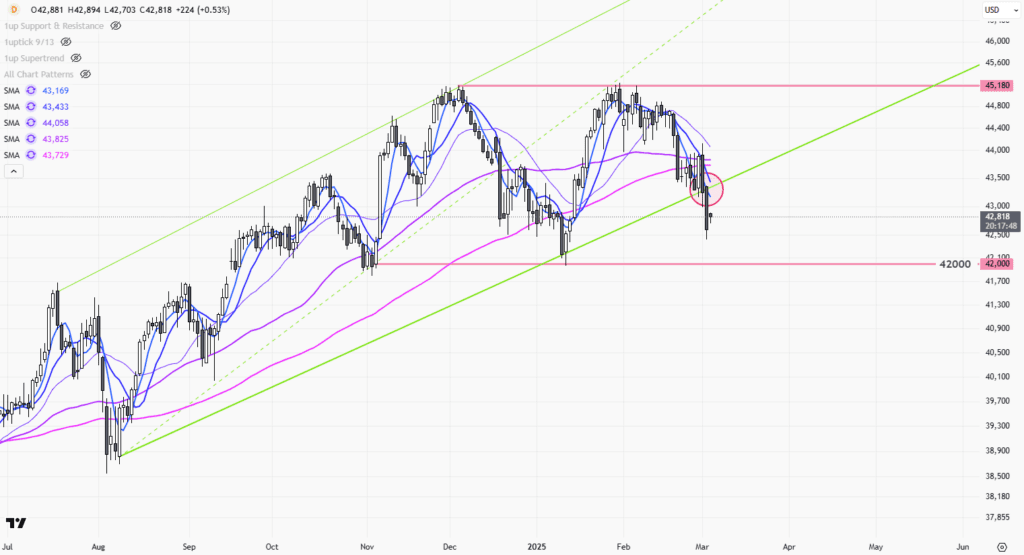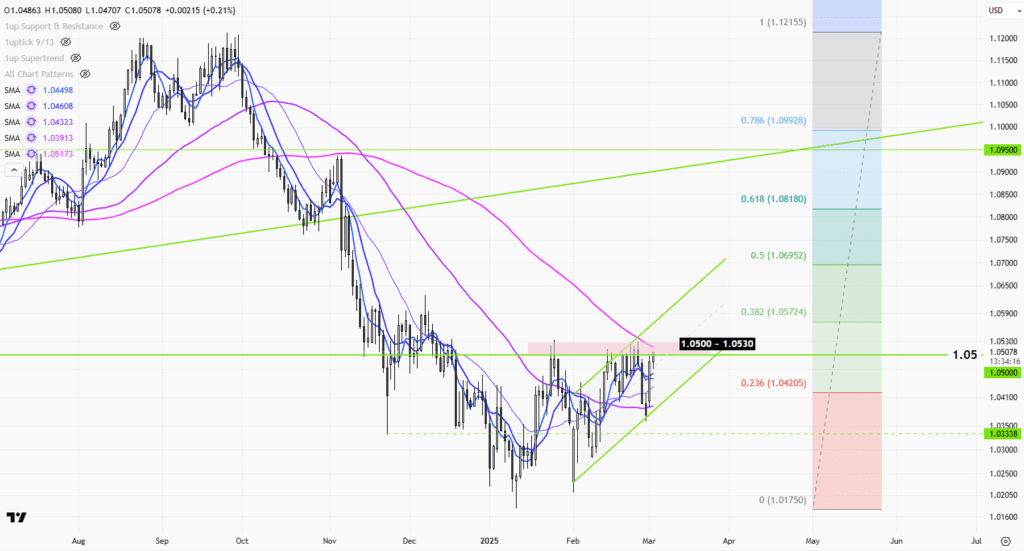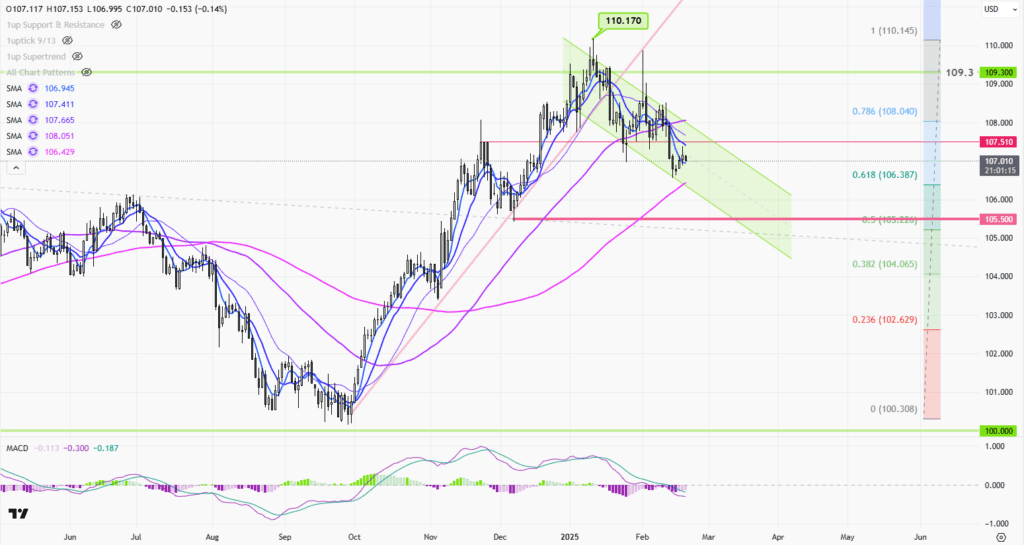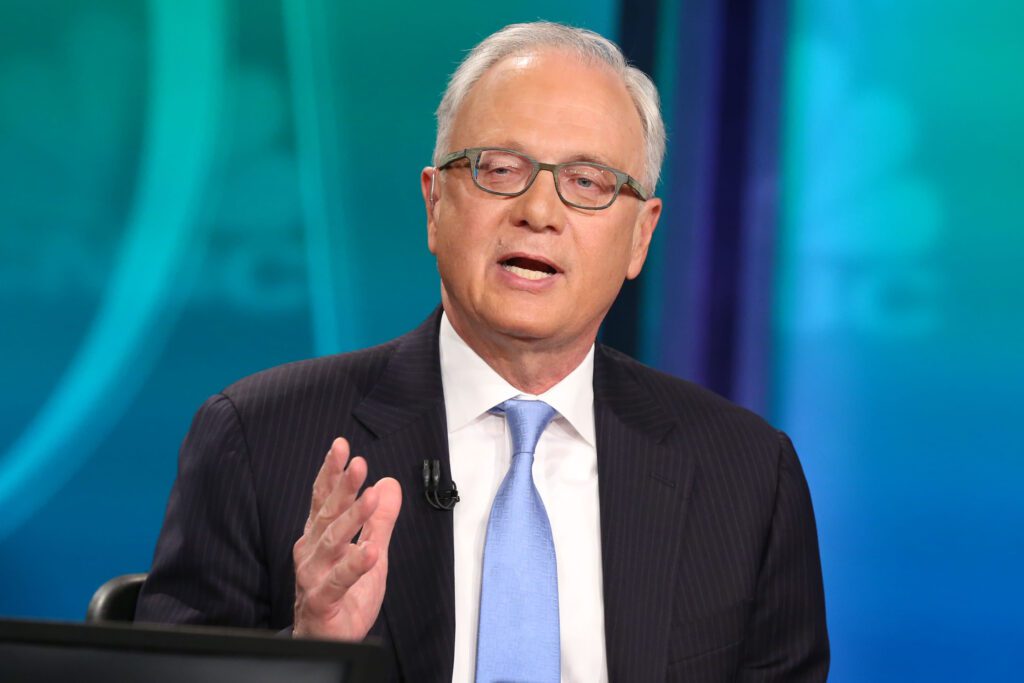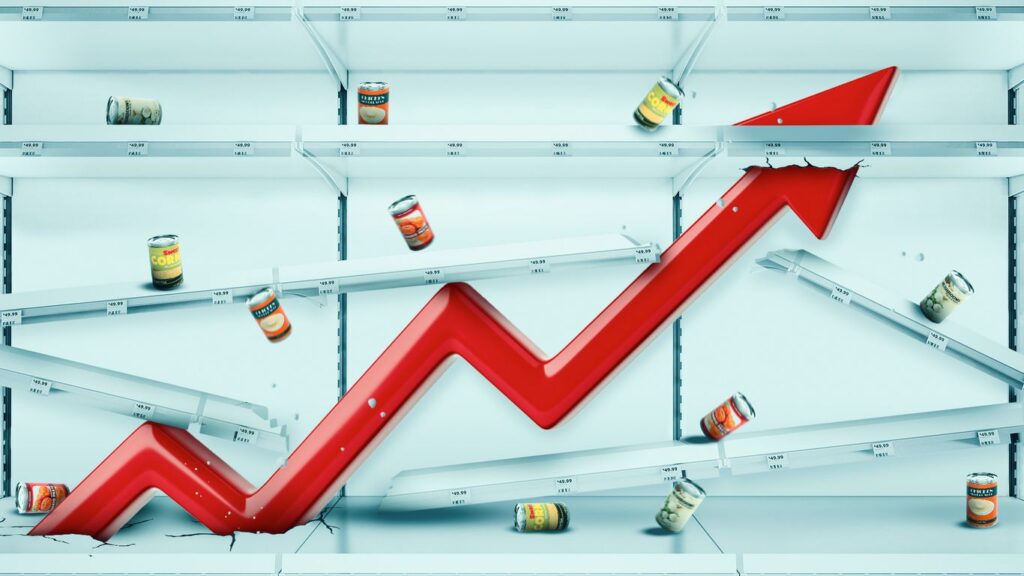 |
| Gold V.1.3.1 signal Telegram Channel (English) |

What’s Really Driving Stock Market Volatility and How It Affects Your Investments
2025-08-16 @ 23:00
Everybody’s Talking About the Stock Market—Here’s What’s Really Going On
Lately, all eyes are on the stock market. Swings have become sharper, economic headlines are full of warnings, and both investors and everyday savers are feeling uneasy. But what’s really fueling this anxiety, and should you be worried about your own financial future or stay the course?
Why the Market Feels So Unstable
First, let’s recognize how quickly sentiment can shift in the markets. After a long stretch where stocks seemed to do nothing but climb, the mood has turned cautious. Reasons for this anxiety are everywhere: talk of rising interest rates, new tariffs and trade tensions, and the ever-present possibility of recession.
Interest rates in particular are capturing attention. As the Federal Reserve signals a tighter approach to monetary policy, borrowing costs are going up. Higher rates make it more expensive for companies to grow and for consumers to borrow and spend. That means businesses may become less profitable and economic growth could slow, potentially putting pressure on stock prices.
The Tariff Factor
Trade policy is playing an ever-larger role in market jitters. Recent tariff announcements have sparked concerns, especially those targeting imports from China and other trading partners. A series of executive orders have recently adjusted tariff rates, particularly on steel, aluminum, and a range of Chinese imports.
For example, new reciprocal tariffs mean that U.S. tariffs on imports may now match those imposed by America’s trading partners. The aim is to ensure a level playing field and address chronic trade deficits, but the impact has been renewed friction with major economies. These tariffs are intended to support domestic manufacturers, yet for companies relying on international supply chains, higher input costs can eat into profit margins fast.
How Trade Policy Impacts Investors
Investors are keenly aware that tariffs don’t happen in a vacuum. They raise costs for manufacturers who import materials—and ultimately, many of these costs get passed on to consumers. As corporate expenses rise or as global uncertainty grows, stocks can become volatile. If trade tensions escalate, markets worry that supply chains could be disrupted and global growth could slow.
It’s worth noting that some recent executive orders are still temporary or in ongoing negotiations. For example, certain tariffs have been suspended for 90 days while further talks take place. The situation is fluid, and investors can’t predict with certainty what comes next.
What About Economic Growth?
Despite the market wobbles, there are glimmers of strength showing through in parts of the economy. Household income growth under the previous administration was strong, and even now, labor markets remain relatively tight. However, there’s debate about whether consumer spending can keep powering the economy forward amid higher borrowing costs and political uncertainty.
Some experts remind us that even during periods of rising rates and trade drama, the U.S. economy has grown before. Corporate earnings may slow, but for long-term investors, these cycles are nothing new. The real risk comes if policy missteps or shocks to the system tip the economy into recession—a word no one wants to hear but one many are preparing for, just in case.
Should You Worry?
It depends. If you’re investing for the long term, temporary volatility is part of the deal. Periods of uncertainty can shake even the most seasoned investors, but history shows that markets eventually recover. That said, now is a good time to review your portfolio to ensure you’re comfortable with its risk level and remain diversified. Make sure your investments match your long-term goals and timeline.
If your financial plans rely heavily on stable or rising stock prices in the short term—such as if you’re nearing retirement or have big expenses looming—now might be a good prompt to talk to a financial professional about ways to manage risk.
Final Thought
Everyone has opinions about where the stock market goes next, but few can predict it with accuracy. Instead of reacting to every headline, focus on what you can control: your savings habits, your long-term plan, and making thoughtful adjustments as your goals or circumstances change.
Market worries are nothing new, but resilience—and strategic patience—are often the keys to long-term financial success. Stay informed, but don’t let short-term market noise take your eye off the big picture.


